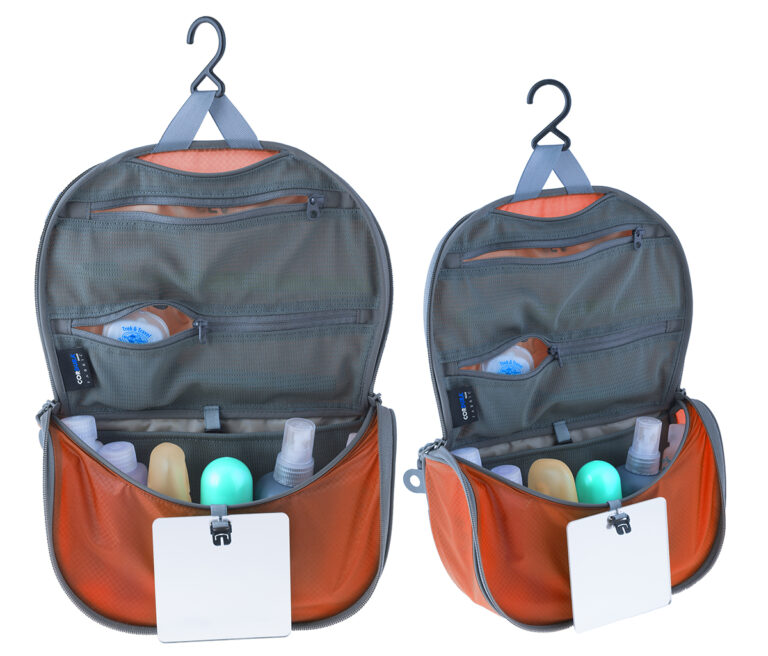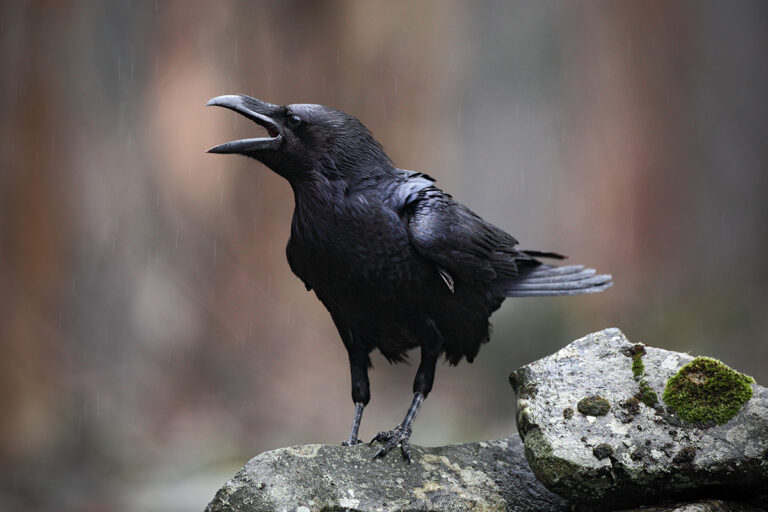Six months ago, I decided to stop drinking alcohol for a year. Surprisingly, this was not inspired by a DUI, drunk dialing an ex-boyfriend, or one of those hangovers that has me queasy at the thought of tequila. It was a health choice and a sociological experiment.
It is a conversation I have in my clinic over and over and over again: “Do I have to give up drinking?” What surprises me most about this is how worried we are about the thought of that, as if simply not consuming alcohol will change the quality of our lives for the worse. What will we drink with dinner? What will we do with our friends? What do we do after a bike ride? There are, of course, those matters of the high sugar content, the empty calories, immune suppression, inflammatory qualities, and the fact that alcohol is a depressant. So if alcohol is so bad for us, why do most of us drink it rather regularly?
Alcohol is both an excitatory and inhibitory substance, so while it slows your brain down, it up-regulates your dopamine receptors (those pleasure centers that make us think we’re a lot funnier than we are). The result is that it relaxes us and brings us joy. That doesn’t sound like a bad thing at all. We get conflicted when we read that drinking a glass of red wine is like an hour at the gym (scientific journalism at its worst) and that it is loaded with antioxidants. So are blueberries. While there are some properties to some alcohol that can be beneficial, we can get those from much healthier sources. The reality is this: The physiological benefits of drinking alcohol will never outweigh the negatives. Period. Should we stop drinking? Yes. And no. Here’s what I’ve learned in six months of sobriety:
- There is really no replacement for a well-timed Moscow Mule in the summer. Honestly, I miss them.
- I wake up with clarity and energy nearly every day. Without an alarm. And I always recognize the person next to me (which I am sure he appreciates since he’s been there for a while now).
- I socialize significantly less at night. This means most of my socializing happens out on the trail and most of my recovery happens in the evening. I make use of daylight hours and evening hours are for resting, eating, and settling into my home and family. This might sound boring, and to my 20-year-old self it would be. But that girl had her turn already and she took a long one.
- I spend less money. Or in theory I would if I had not replaced red wine with an artisan kombucha habit.
- I recover amazingly well from my sports adventures. No lingering swelling or soreness. It’s amazing.
- The conversations I have with my social circle are authentic, important, and rewarding. This isn’t to say we all want to go deep when we hang out. However, I greatly appreciate the meatiness of my interactions when I’m not lubricated and can pronounce words like glyphosate and hyperbilirubinemia without snorting wine out my nose.
Everyone should try to give up alcohol (the same goes for coffee) for a while every year. Maybe it’s just a month, maybe two. It’s a great break for your liver and your pocket book and it provides a little perspective. I don’t want to give up alcohol for the rest of my life. But like all things in life, we need balance. As far as I am concerned, the occasional cocktail can be a healthy part of that. Experiencing joy is good for our bodies. Just makes sure you find other sources for it too. //
Ammi Midstokke is a nutritional therapist in Sandpoint. She confesses that she totally drank half a glass of wine after her 24-hour mountain bike race. And no, she’s not starting over. Read more of her writing at www.twobirdsnutrition.com.












